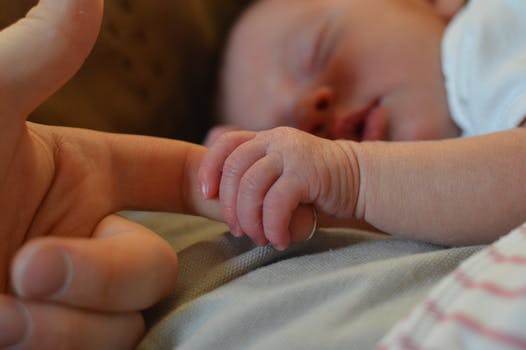A lot of women feel depressed or down during the first weeks of giving birth. Many of them are often confused because they expect themselves to feel happy or relieved now that they have brought their baby home. Often, they think of themselves as a bad mother for feeling this way.
Studies suggest that more than half of women experience depression a few days to a few weeks after giving birth. This is called “baby blues”, and is completely normal. But if the sadness doesn’t go away and is starting to interfere with your everyday life, then this is post partum depression.
Postpartum depression is not something you should ignore. Otherwise, it can affect you and your baby’s health.
Here are 4 ways to cope with postpartum depression. Use these tips to help yourself or a new mother you know who is struggling with postpartum depression.
Make time to yourself
With a new baby, you may feel overwhelmed by work. You no longer have time to go out or relax. You may feel stuck on the couch breastfeeding or doing some household chores. Try to get out of the house and schedule some dedicated “me” time once a week. If that’s not possible, try to do things that will help you relax. You watch TV, read a book or just take a long, hot shower.
Don’t keep your feelings to yourself
If you think you are suffering from postpartum depression, it is extremely important that you talk to someone and let them know how you’re feeling. Talk to your partner, a friend or someone you trust. I doesn’t matter who you talk to. What’s important is that the person is willing to listen. This can serve as a much needed emotional outlet.
Get enough rest
Taking care of a baby can be exhausting. When you’re a mother, especially if you already have other children, sleeping for a solid block of time may seem like a dream.
Sleeping plays an important role in your physical health. If possible, ask your spouse or a family member to look after the baby, even for a few hours, so you can take a nap. If that’s not possible, try to take a nap while the baby is asleep.
Seek professional help
Postpartum depression is an illness and you need to get help. You need to visit your doctor so he/she can devise the best treatment plan for you. Milder cases of postpartum depression can be treated with counselling. For more serious cases, you may need to see a specialist. In some cases, they require antidepressants.

